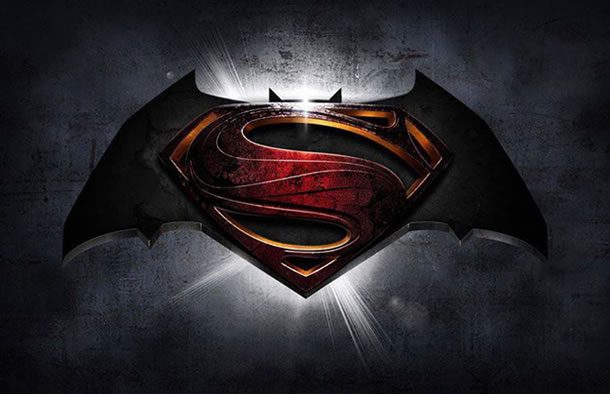The problem with Superman is that almost nothing can stop him.
That can be a storytelling challenge, making it difficult to imagine battles that the Man of Steel can’t easily and obviously win.* The usual approach, then, is to focus on the challenge he faces in defeating his foes without killing them all. It’s more interesting if you can have him square off against good, innocent people who have been tricked or coerced into confronting him. The real trick of telling Superman stories, in other words, is by setting up problems that can’t be resolved with sheer power.
But the more such stories are told and explored, the more we’re confonted with the uncomfortable politics of Superman. Concentrating so much unstoppable, unchecked, near-absolute power in the hands of a single individual seems a bit, well, fascist. Unchecked power goes against our hard-earned democratic and republican instincts. We’ve tried that before. Giving one person near-total power doesn’t usually end well.
I’m pleased to see that the new teaser trailer for the upcoming Batman vs. Superman movie addresses this political dilemma.
What are the limits on Superman’s use and/or abuse of his power? Basically, there are only two:
1. His benevolence. The Kents raised him well and he’s a good guy.
2. A couple of eccentric billionaires have green rocks hidden in caves under their mansions, just in case.
Neither of those seems quite satisfactory. The former asks us to place blind trust in Superman himself. The latter suggests that our only alternative is equally blind trust in either Bruce Wayne or Lex Luthor. Either way, blind trust that power won’t be abused is never an adequate check on the abuse of power.
Such Madisonian musing about checks and balances tends to lead to another kind of musing about the relationship between omnipotence and benevolence. It leads us, inexorably, into questions of theology and, specifically, of theodicy. Superman stories, I think, always bring us to this subject.
It seems as though Superman ought to be able to save anyone — perhaps even everyone. And yet he doesn’t. Why not? Is it simply that Superman doesn’t care about everyone (that he is not really good)? Or is it that he isn’t really all-powerful after all?
The better answer, I think, is the latter. Superman, after all, is only almost omnipotent — and he is neither omniscient nor omnipresent. So perhaps he cannot be said to be capable of — or responsible for — saving everyone or correcting every injustice.** But more often, it seems, storytellers opt for something more like a Calvinist answer. Lois Lane and Jimmy Olsen will always be saved, but most people are not among the fortunate elect and lie outside Superman’s capacity for grace.
That strikes me as an uglier answer because it suggests that Superman isn’t really benevolent. It focuses on the limits to his goodness, not on the limits of his power. (And this answer doesn’t get less ugly, in my opinion, if we simply redefine “goodness” to mean that Superman thinks all of the people he declines to save deserve to die.)
But just as I earlier suggested that there are more interesting approaches to telling Superman stories, I think there are also much more interesting approaches to the problem of theodicy. The story doesn’t have to be about the limits of power or the limits of benevolence. It might be, rather, about the kinds of problems that cannot be fixed by the application of sheer power.
It’s intriguing, then, that the climax of the trailer above poses a question to Superman himself. Batman does not ask, “Are there limits to your power?” and he does not ask, “Is your goodness really deserving of our blind trust?”
Instead he asks this: “Do you bleed?”
For any discussion of theodicy, I think that’s a better question.
– – – – – – – – – – – –
* It’s also a storytelling problem in that most people enjoy rooting for the underdog — and Superman isn’t ever really believable as the underdog. This is something that has always puzzled me about my fellow Mets fan Jerry Seinfeld. He loves the Mets, and he loves Superman. Superman just seems more like a Yankee-fan’s idea of a superhero.
** If I were hired to write Superman comics, I’d want to explore those limits by questioning, for example, just how much sleep the Man of Steel requires. Does he even need to sleep at all? If so, how does sleep-deprivation affect him?
I’m thinking of a storyline in which Clark pushes the limits — pulling all-nighters out of a sense of obligation to all the people he might be able to save in other time zones — until his lack of sleep begins to affect his ability to think and function clearly. Then I imagine Lex Luthor taking notice of this effect and trying to put it to use to weaken his nemesis. …

















